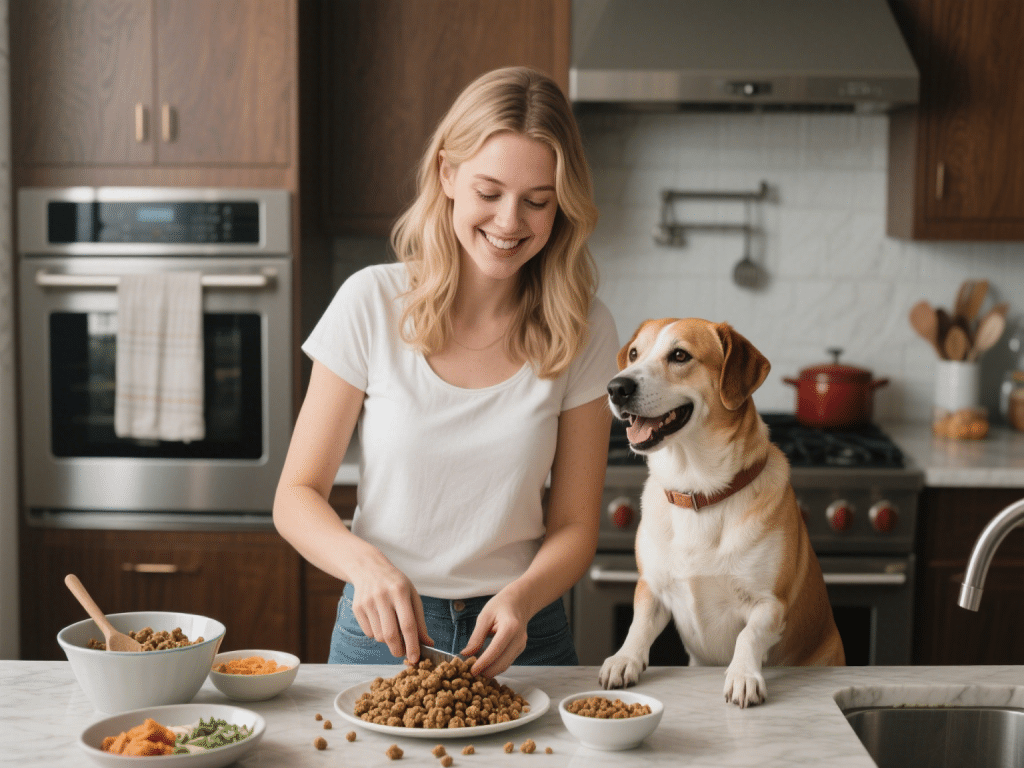
With headlines proclaiming the wonders of grain-free dog food, many pet parents wonder whether removing grains leads to shinier coats, smaller stools, or allergy relief. As a veterinary nutrition specialist with over a decade of experience, I’ve guided countless dog owners through diet decisions. This article unpacks the science, potential benefits, and pitfalls of grain-free formulas—so you can choose what truly supports your pup’s health.
1. Understanding Canine Nutrition Basics
Dogs are omnivores: their wild ancestors consumed both meats and plant matter. Grains—rice, oats, barley—provide carbohydrates, fiber, and trace nutrients. Most commercial dog foods use grains as cost-effective, energy-rich ingredients. Grain-free recipes swap these for peas, lentils, or potatoes. However, “grain-free” doesn’t automatically equal “better”; it simply denotes different carbohydrate sources.
2. Potential Benefits of Grain-Free Diets
Food Sensitivities: A small percentage of dogs develop true grain allergies (often wheat or corn). For these dogs, grain-free diets can alleviate itchy skin, ear infections, or digestive upset.
Digestibility: Some pups digest legumes more easily than certain grains, improving stool quality.
Marketing Appeal: Grain-free formulas often advertise “novel proteins” (duck, bison, kangaroo), appealing to dogs with multiple food sensitivities.
Yet, remember: most canine sensitivities are to proteins (beef, chicken), not grains. Always consult your vet before attributing health issues to grain content.
3. Recent FDA Alerts and Cardiac Concerns
In 2018, the FDA investigated a possible link between grain-free diets and canine dilated cardiomyopathy (DCM), primarily in breeds not typically prone to heart disease. Studies suggested diets very high in peas, lentils, or potatoes might interfere with taurine levels—a key amino acid for heart health. While research continues, responsible feeding means:
Ensuring balanced taurine and amino acids in the diet.
Choosing brands that conduct feeding trials.
Monitoring heart health via routine veterinary checkups, especially if your dog is on a grain-free regimen.
4. When Grain-Free Makes Sense
Diagnosed Grain Allergy: Confirmed via elimination diets and veterinary testing.
Individual Digestive Tolerance: If your dog stools poorly on grain-inclusive foods, a trial period on grain-free may help.
Vet Recommendation: When guided by a professional nutritionist or veterinarian to address specific health conditions.
5. Choosing a High-Quality Grain-Free Formula
Look for AAFCO Approval: Indicates the food meets baseline nutrition standards.
Examine Ingredient List: Prioritize named meats (e.g., “deboned turkey”) over vague “meat meals.”
Check for Taurine/Amino Acid Levels: Some brands supplement to balance potential deficits.
Review Feeding Trials: Brands that perform real-world digestibility and palatability tests often yield more reliable outcomes.
6. Homemade Grain-Free Diets: A Cautionary Note
Many owners craft homemade meals to control ingredients, but DIY diets risk nutritional gaps without proper guidance. If you prefer home cooking:
Collaborate with a board-certified veterinary nutritionist.
Use balanced recipes that account for calcium, phosphorus, vitamins, and essential fatty acids.
Include diverse protein sources and fiber to mimic natural omnivorous diets.
7. Monitoring Your Dog’s Health on Grain-Free
Weight and Body Condition: Track monthly to ensure maintenance of lean muscle.
Skin and Coat Quality: Grain-free diets sometimes improve dryness or itchiness—but not universally.
Energy Levels and Digestion: Observe changes in activity, stool consistency, and frequency.
Regular Vet Checkups: Schedule bloodwork and, if advised, cardiac screenings to catch any early signs of concern.
8. Alternatives to Grain-Free
If grains cause no issues, consider:
Limited-Ingredient Diets: Simplify proteins and carbs to identify hidden allergens.
Novel Protein Diets: Rotate proteins to prevent food sensitivities from developing.
High-Fiber Formulas: Incorporate beneficial prebiotics to support gut health without eliminating grains.
Final Recommendation
Grain-free dog food can benefit a select group of pups—particularly those with diagnosed grain sensitivities. However, for most dogs, whole grains offer valuable nutrients and safe energy. Always weigh the pros and cons, consult your veterinarian, and choose reputable brands that back their formulas with research. With a balanced approach, you’ll ensure your furry family member thrives—grain-free or not.

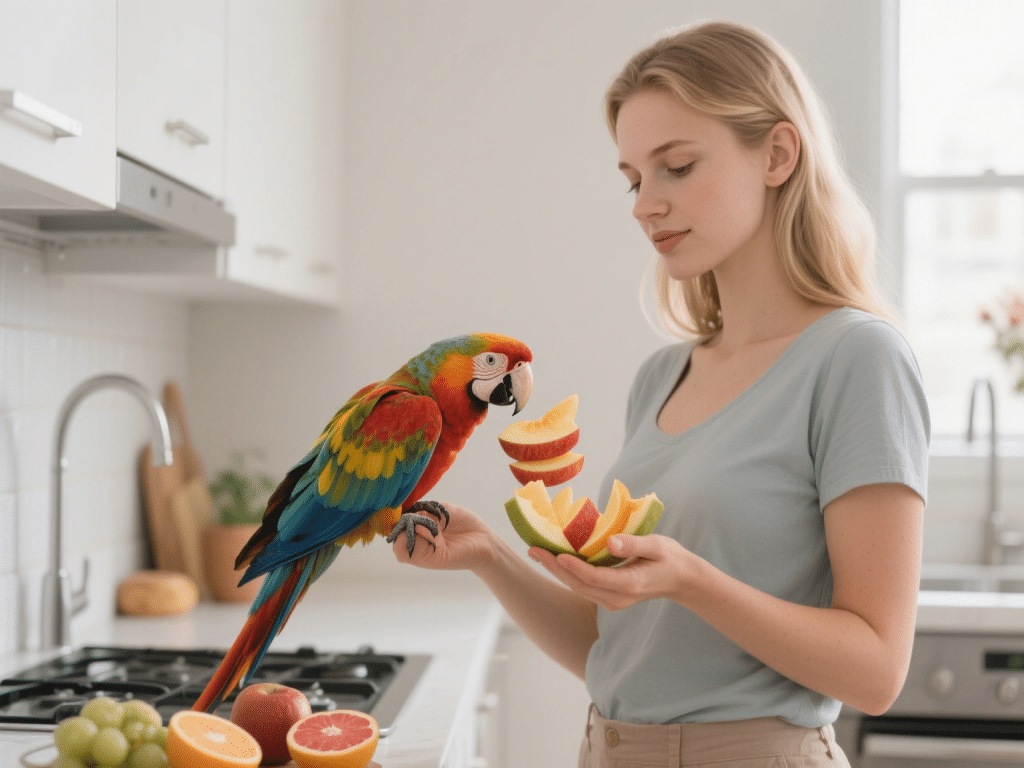
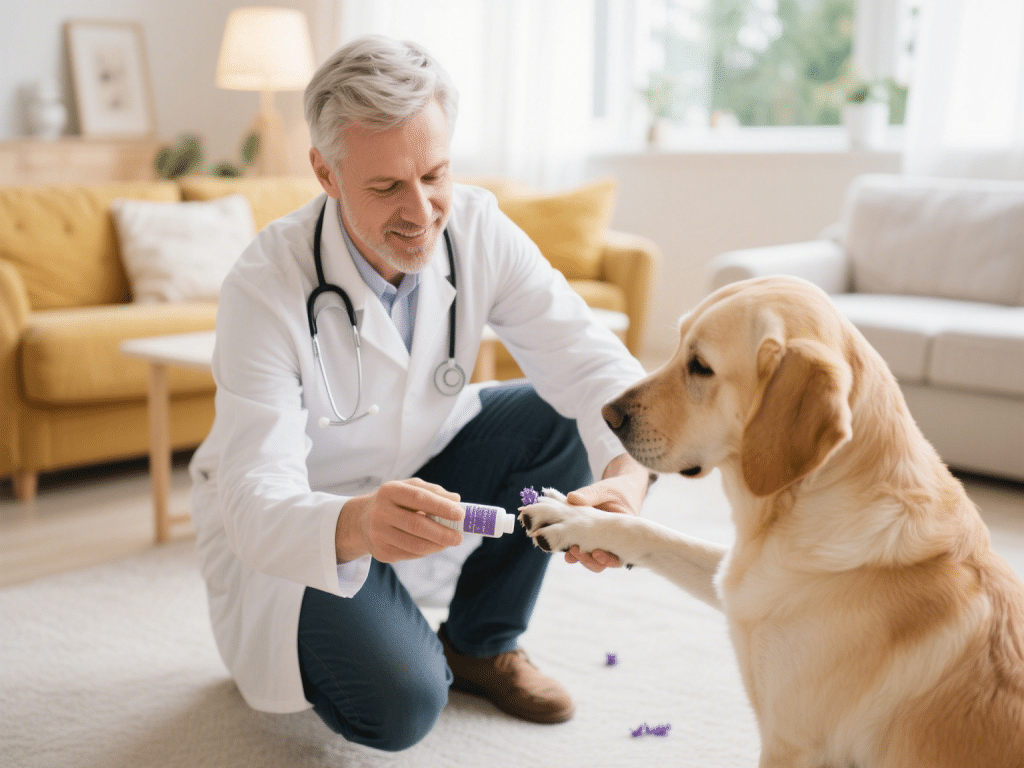

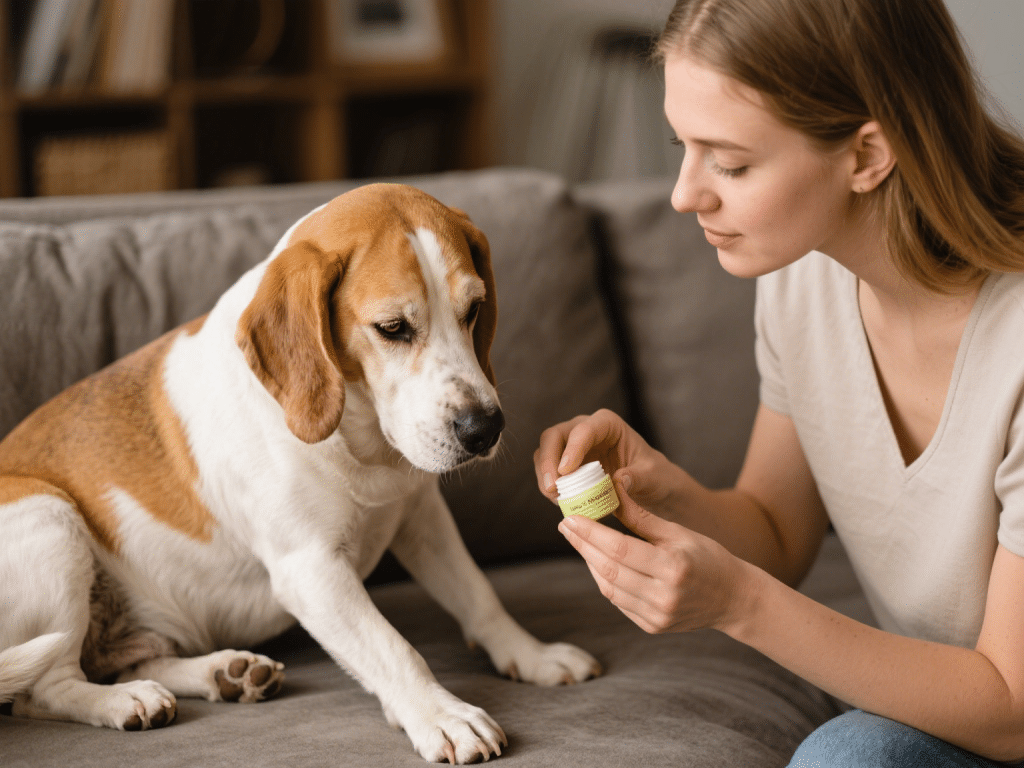
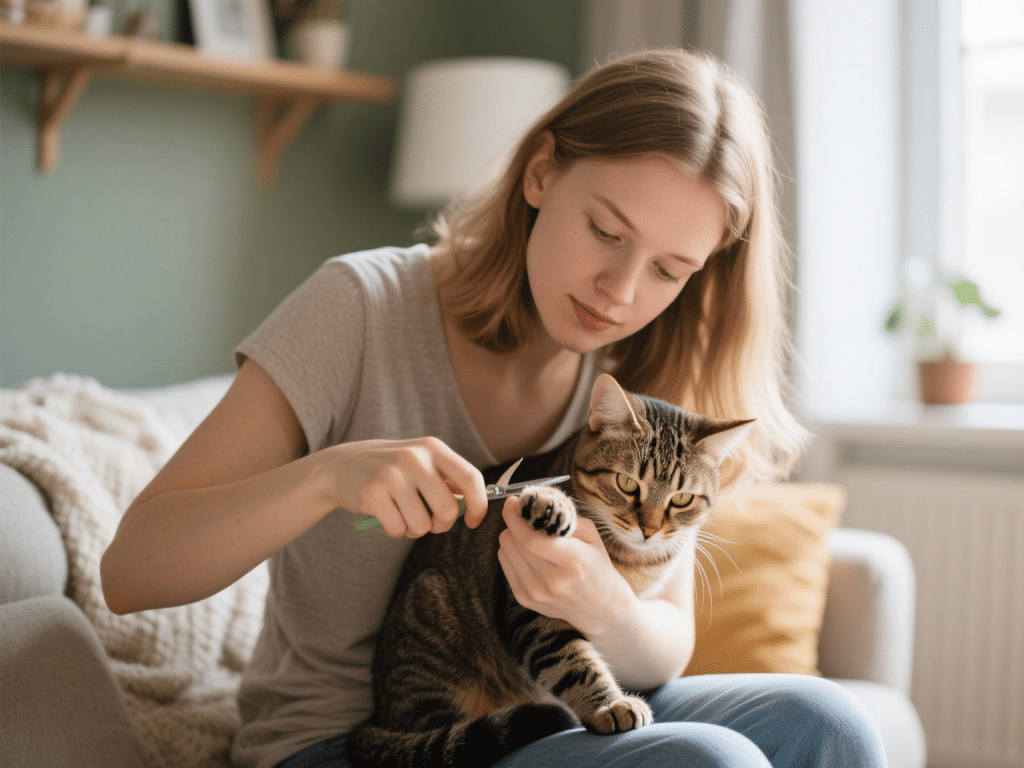


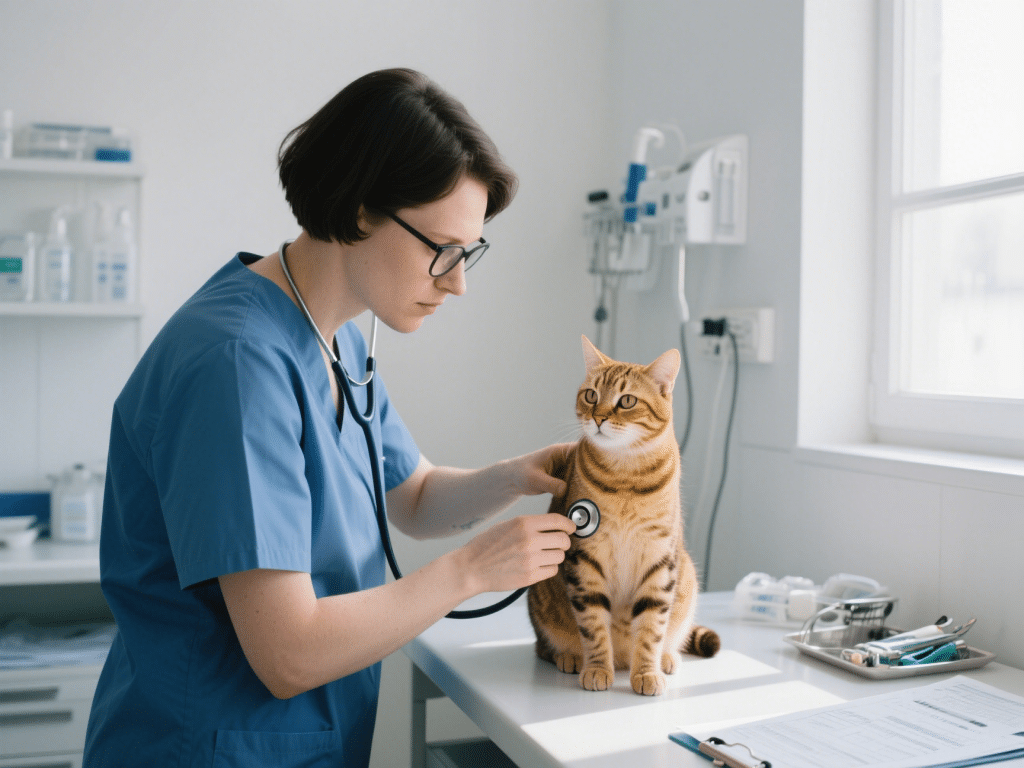
Comments on " Grain-Free Dog Food: Is It Healthier for Your Pup?" :